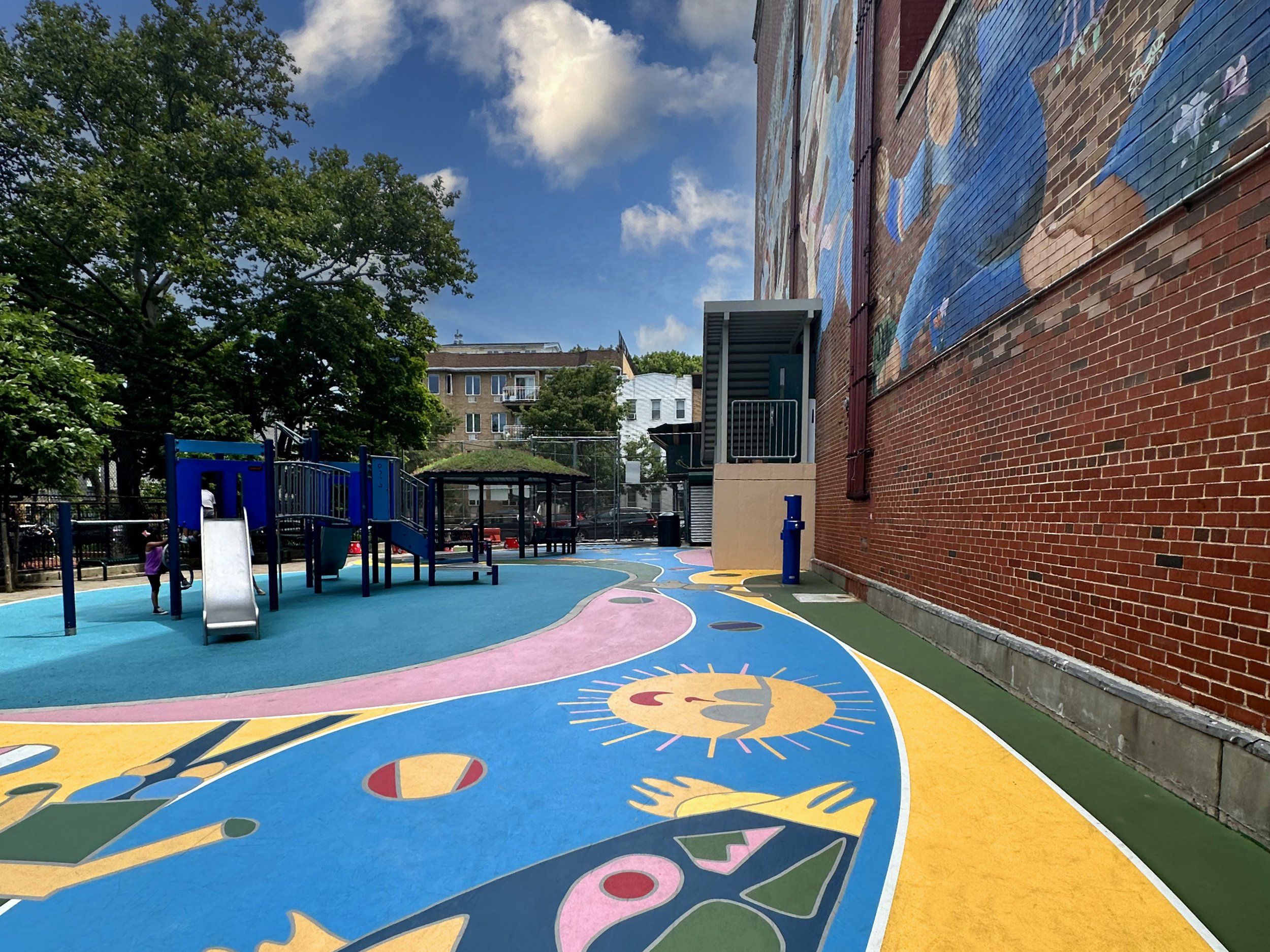
Parent Teacher Conferences
Partnering in Education for Student Success
We encourage all parents, caregivers, and guardians to get involved at PS 295! Families are our closest partners in helping our students to thrive.
A parent teacher conference is a short meeting between you and your child’s education team — held four times per year — to talk about your child’s academic performance and experience at school.
These meetings help you understand what your child is learning at school, their academic and social-emotional progress, and what you can do to support them. If your child is having particular difficulties, parent teacher conferences also give you and the teacher time to plan how you can both help them best.
All parent teacher conferences will be conducted remotely for the 2025-26 school year. Some staff may, upon request, arrange for an in-person conference. If you prefer to meeting in-person, please contact your child's teacher. Interpreters are available, so please let your teacher or parent coordinator know if you need translation services.
Your class teacher will provide a sign-up sheet to schedule your meeting at an available time-slot, and send details about how to connect via Zoom video chat.
-
Make sure your contact information is complete and up-to-date so your child’s school can reach out to you.
Speak with your child's school’s main office to verify and/or update your home address, cell phone number, email, and other details.
-
The teacher conference is an opportunity for you to speak with your child about their experience in school, and share their questions and concerns with their teacher. Below are ways to engage your child in preparation:
Ask your child how they feel about school, and jointly prepare a short list of questions or concerns that you can raise with the teacher.
Ask your child what their strongest and weakest subjects are, and which ones they like most and least.
Ask your child how they feel about their relationships with their teacher and their peers. Do they feel supported and welcomed in the classroom? Is there anything they would like support with outside of schoolwork?
Review your child’s academic progress, test scores, and attendance on your NYC Schools Account(Open external link).
Make a list of questions you have, and topics that you want to discuss with the teacher. Include things that might help them understand your child’s challenges, strengths, and interests. Describe what you see as your child’s strengths and explain where you think your child needs more help.
Think about what you can tell teachers that will help them understand your child better, such as your child's favorite subjects, special interests or hobbies, medical conditions, family situation, or any problem that might affect learning, attendance, or behavior.
-
Below are some suggested questions for you to use in conversation/reflection:
How is my child doing? Is there anything you would like to share with me about what you have observed regarding my child since school started?
How is my child doing socially and emotionally? Are you concerned about them in any way?
How can I best support their social and emotional development at home?
What is my child expected to learn, know, and do by the end of this grade, and is my child on target?
How will my child’s grades be calculated?
Does my child have any outstanding assignments, and if so, can you please provide me a list of those assignments and a timeline of when they need to be submitted?
What does my child do well, and what does my child struggle with? Can you give me examples?
How do you know when my child is making progress and when they need additional help?
What can I do to support my child?
Are there online programs or services that could also help my child?
-
As your child’s learning journey continues throughout the year, it is critical that you have a clear picture of their progress. Grades provide a common language for understanding and communicating with your child’s teacher(s) about their strengths and areas for growth.
Each school sets its own grading policy, which must align with the NYC Department of Education's guidance on Grading. These grading policies describe how students’ grades are determined, the types of grades the school will use, and when students can expect to receive report cards and final grades.
Your child’s teacher or principal can share more information about your child’s progress and your school’s expectations and scales for grading.





